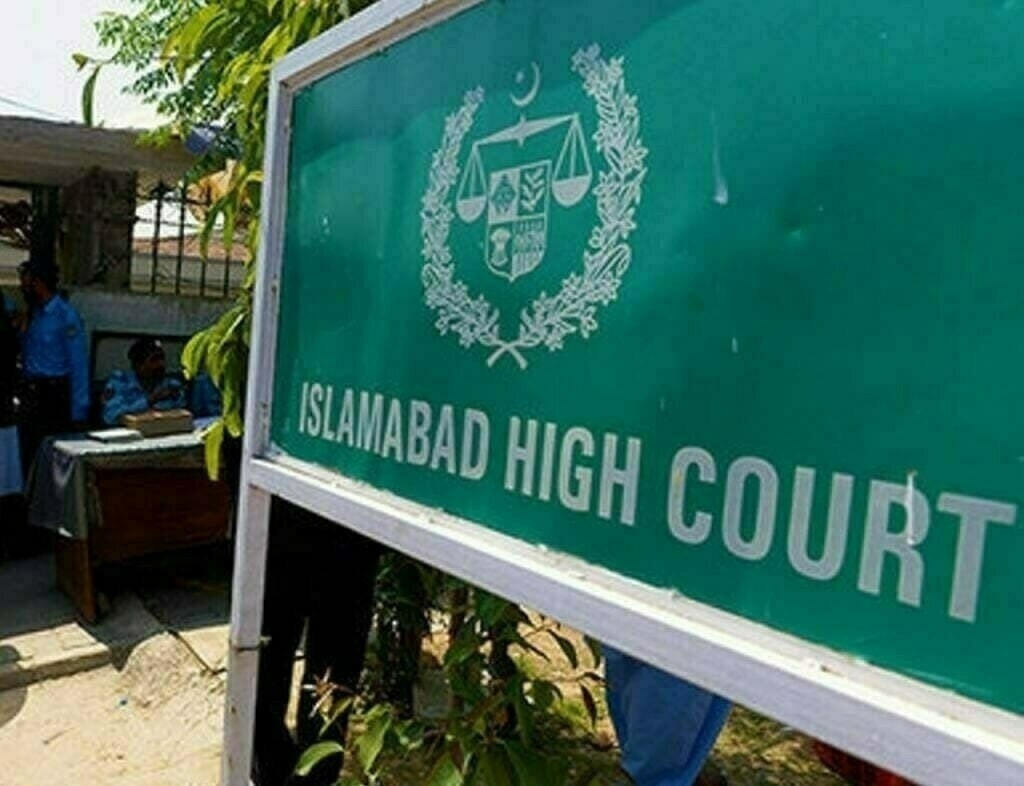ISLAMABAD: In the wake of improving judicial performance and integrity following the 26th Constitutional Amendment, some elements within the judiciary are attempting to disrupt these positive developments.
Senior judges of the Islamabad High Court (IHC), including Justice Mohsin Akhtar Kayani, Justice Tariq Mehmood Jahangiri, Justice Babar Sattar, Justice Sardar Ejaz Ishaq Khan, and Justice Saman Rafat Imtiaz, have written a letter to Chief Justice of Pakistan Justice Yahya Afridi, as well as the Chief Justices of the Lahore High Court and Sindh High Court, expressing concerns over proposed appointments.
The letter raised objections to media reports about the potential appointment of a judge from another high court to the position of Chief Justice of the Islamabad High Court. The judges requested that a senior IHC judge, from among the three most senior members, be considered for the role instead, and that no judge from another high court should be appointed without due consultation.
The content of the letter suggests an attempt to create a constitutional crisis, possibly drawing inspiration from previous actions taken by Justice Mansoor Ali Shah, who raised similar issues that led to a constitutional debate.
In relation to the constitutional procedure, Article 200 of the Constitution provides clear guidance regarding the transfer of a judge from one high court to another. According to the article, such a transfer requires the consent of the judge involved, followed by consultation between the President of Pakistan, the Chief Justice of Pakistan, and the Chief Justices of both high courts.
This process aims to ensure that seniority and other entitlements of the judge remain unaffected, and that constitutional protocols are strictly followed.
Historical examples of such transfers, like the 2008 transfer of Justice Sardar Mohammad Aslam from Lahore High Court to Islamabad High Court, have occurred under Article 200. These transfers have been carried out following proper constitutional procedures and with the appropriate consultations.
Despite the objections raised by IHC judges in their letter, the appointment of the Chief Justice and the seniority of judges should be managed within the constitutional framework.
The suggestion that only IHC judges should be considered for the position of Chief Justice overlooks the broader principles guiding judicial appointments, which focus on the overall effectiveness and improvement of the judicial system, as well as the provision of justice.
In light of the potential for greater inter-provincial cooperation and improved service delivery through the exchange of experienced judges, appointing judges from other high courts to IHC could strengthen the judicial system. Provided that the process is carried out with due consultation and respect for the constitution, such appointments can contribute positively to the country’s judicial efficiency.
In conclusion, judicial appointments and transfers should be based not solely on seniority but also on professional experience, knowledge, and the ability to contribute to the overall enhancement of the judiciary. The flexibility within the constitution allows for such decisions to be made in a way that supports the effective functioning of the judicial system.


